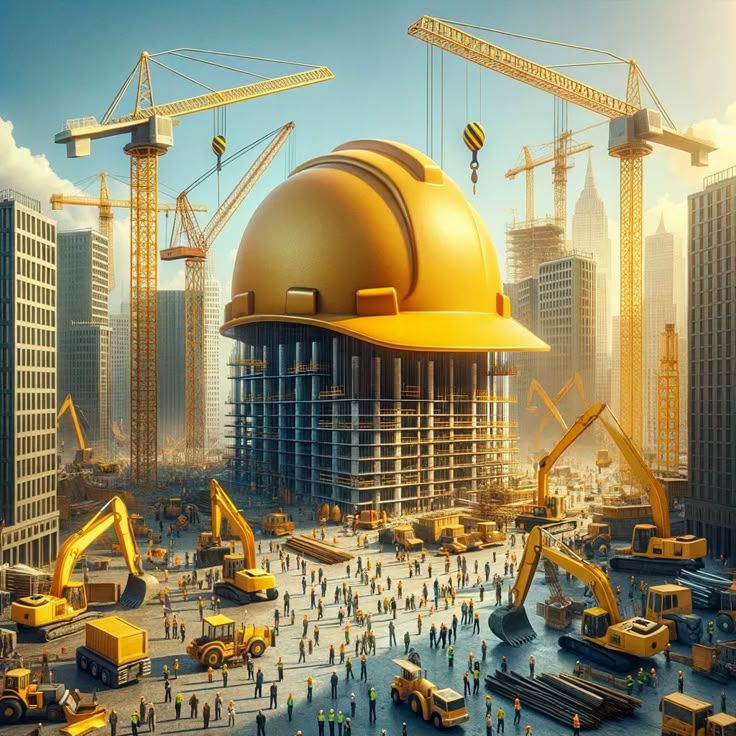The construction and real estate sectors are undergoing a digital transformation. From AI-driven design tools to drones and smart materials, technology is reshaping how we plan, build, and manage properties.
In 2025, staying competitive in the real estate and construction industry means embracing innovation — not just for speed and efficiency, but for sustainability and long-term value.
Here’s a look at five ways technology is transforming construction and real estate development right now.
1. Building Information Modeling (BIM) Is the New Standard
BIM has evolved from a 3D modeling tool into a comprehensive project management platform. It enables architects, engineers, and contractors to collaborate on a single digital model, reducing errors and delays.
Benefits include:
-
Real-time design changes
-
Clash detection before construction starts
-
Better cost estimation and scheduling
🧱 Think of BIM as the digital twin of your building — from concept to construction and beyond.
2. Drones Are Changing Site Management
Drones are now a staple on construction sites, used for everything from aerial surveys to progress tracking.
Use cases:
-
Land mapping and topography
-
Site inspections without scaffolding
-
Marketing visuals for real estate listings
🚁 They reduce manual labor, improve safety, and provide high-precision data in minutes.
3. Green Construction Is in High Demand
With rising environmental concerns and regulations, sustainability isn’t optional — it’s expected. Developers are turning to:
-
Energy-efficient building materials
-
Smart HVAC and lighting systems
-
LEED and WELL certifications
Bonus: Green buildings often qualify for tax incentives and attract eco-conscious buyers or tenants.
🌱 Smart, sustainable design adds value — both ethically and financially.
4. Modular and Prefab Construction Is Going Mainstream
Modular construction isn’t just for tiny homes anymore. Entire apartment buildings, hotels, and offices are being built using prefab components offsite — then assembled quickly onsite.
Why it’s gaining traction:
-
Faster build times
-
Reduced on-site waste
-
Lower labor costs
🏗️ More predictable timelines = fewer headaches for investors and developers.
5. PropTech Is Enhancing Property Management
Property technology (PropTech) includes everything from smart locks and IoT sensors to AI-powered tenant screening and virtual tours.
In real estate development, it enables:
-
Remote property monitoring
-
Predictive maintenance alerts
-
Seamless tenant experience
🏘️ Modern tenants expect smart homes — not just bricks and mortar.
Final Thoughts 🏡
Construction and real estate are no longer “old-school” industries. In 2025, success comes from combining strong fundamentals with forward-thinking tech solutions. Whether you’re a builder, developer, or investor, embracing innovation can lead to faster builds, smarter buildings, and better returns.
Ready to take your next project into the future? Let’s talk.






